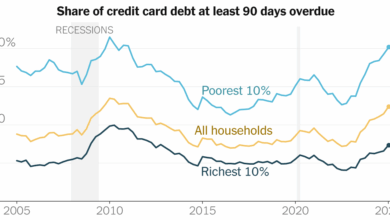Mark Zuckerberg’s Meta refuses to crack down on rampant scams from bogus ads to avoid losing revenue: report

An explosive report has revealed that Meta allegedly allowed thousands of fraudulent ads to run on its platforms, prioritizing ad revenue over cracking down on scams.
Between mid-2023 and mid-2024, Meta, the parent company of Facebook and Instagram, accounted for almost half of all scam complaints related to Zelle transactions reported by JPMorgan Chase, as per the Wall Street Journal’s investigation.
Former and current employees, regulators, and banks, along with internal Meta documents, were consulted for the expose, which highlighted the prevalence of fraud on Meta’s platforms.
The issue of fraud on Meta’s platforms has escalated in recent years, fueled by various factors such as cryptocurrency schemes, AI-generated content, and criminal operations in Southeast Asia.
One reported scam involved deceptive ads falsely attributed to Edgar Guzman, a legitimate wholesale business owner in Atlanta.
Over a year, more than 4,400 Facebook and Instagram ads used Guzman’s address to promote fake discounts on bulk merchandise, damaging his company’s reputation.
Another scam exploited the trusted image of McCormick & Co, a global food giant, by luring users with fake ads for free products and charging them for multiple fraudulent purchases.
Meta’s platforms have become breeding grounds for various fraudulent schemes, including the sale of non-existent puppies, violating the company’s own policies.
The scams on Meta’s platforms can lead to significant financial losses for users, with the company reportedly prioritizing ad revenue over enforcing anti-fraud measures.
Despite Meta’s claims of taking action against organized fraud operations, the company’s reluctance to crack down on fraudulent ads has allegedly facilitated human trafficking-linked scams in Southeast Asia.
Meta’s stance on legal responsibility for fraudulent content has been a point of contention, with the company citing Section 230 of the federal telecommunications law to shield itself from liability.





